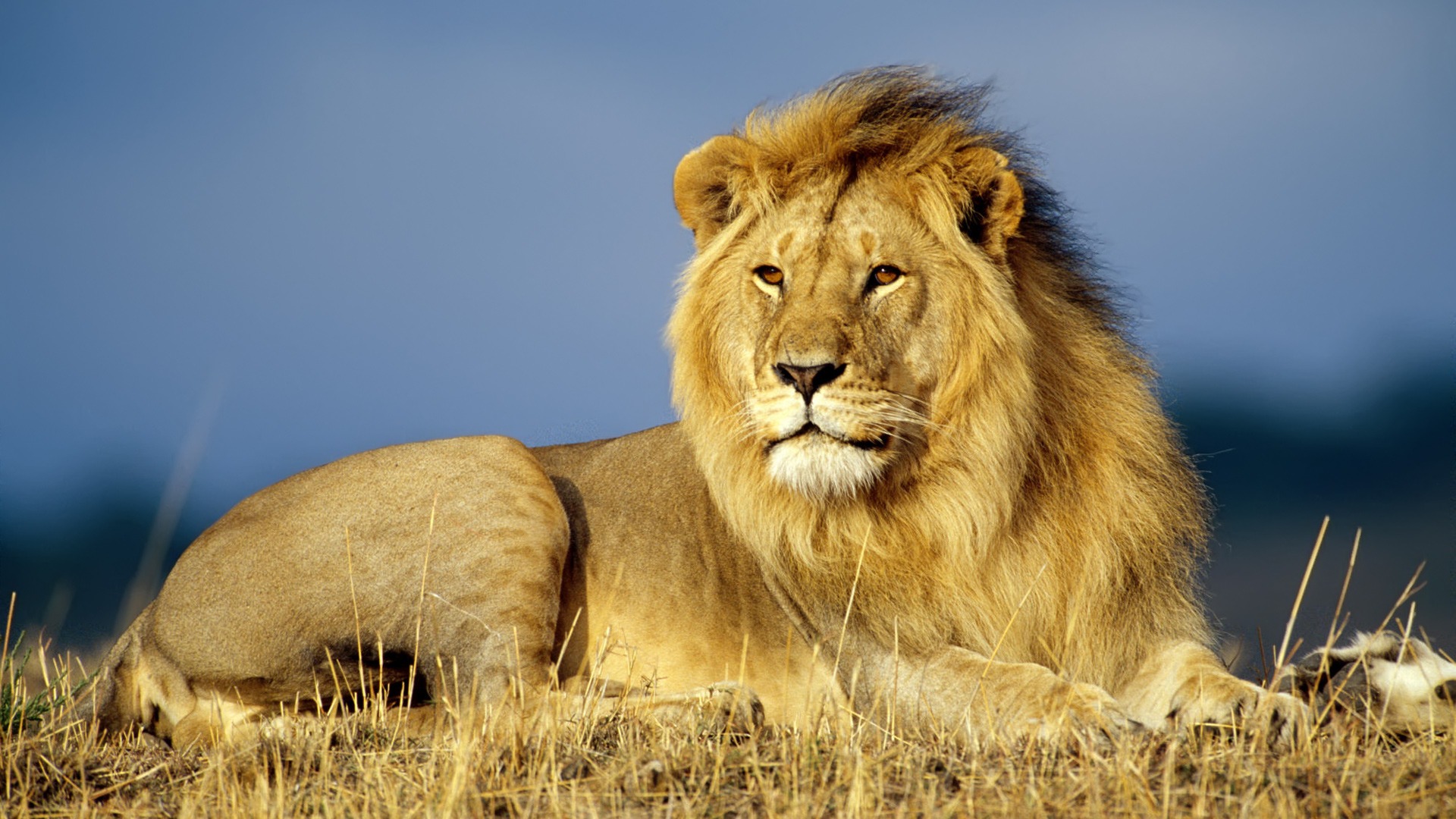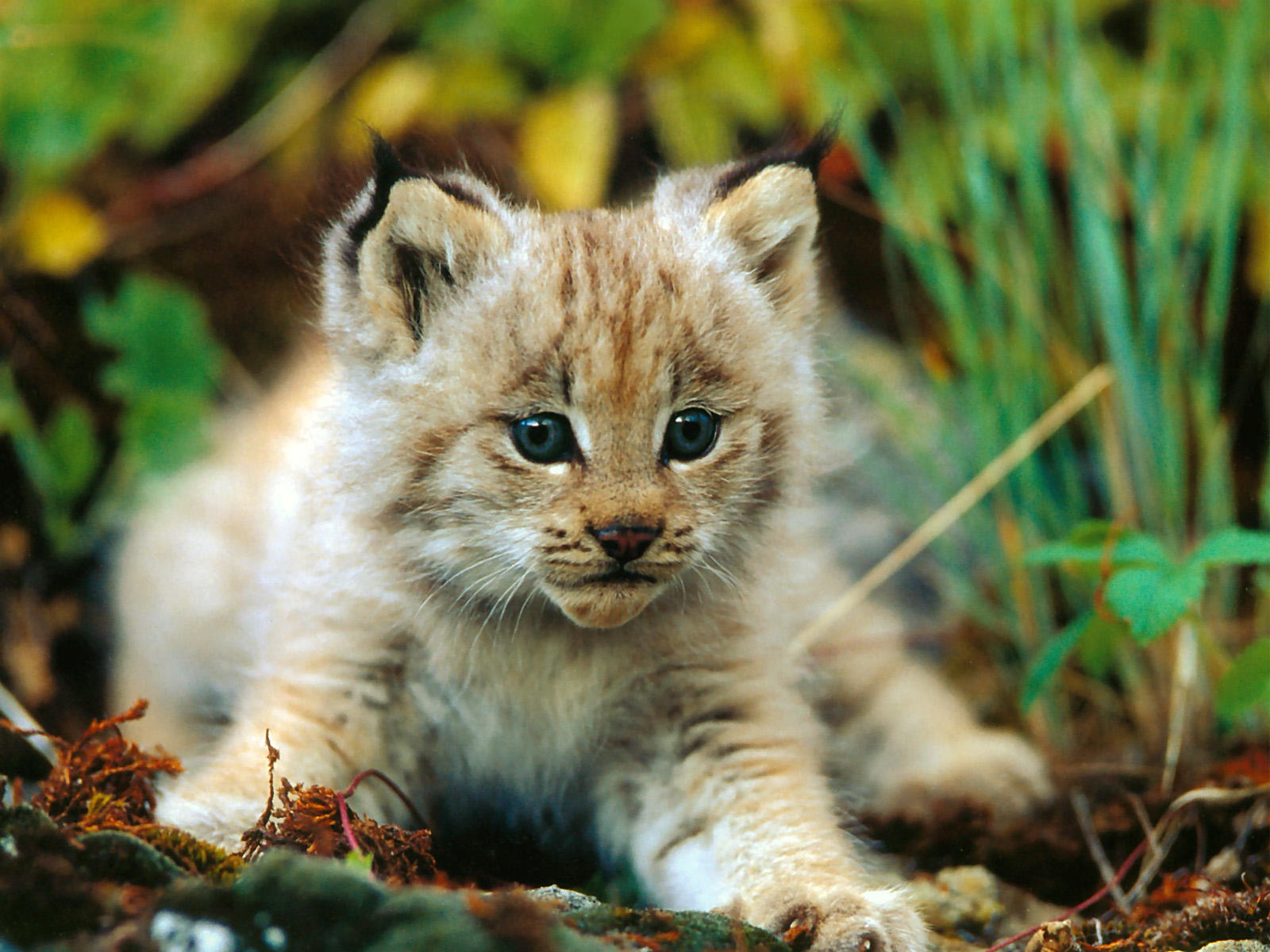Animal Jam Worth Wiki might sound like a niche term, but if you're into online gaming, especially for kids, it’s a phrase you’ve likely come across. Whether you're a parent curious about what your child is spending time on or a player wondering how items stack up in value, this guide breaks it all down. So, let’s talk about what the Animal Jam Worth Wiki really is, why it matters, and how you can use it to get the most out of the game.
If you’ve ever asked, “What’s this item worth?” while playing Animal Jam, you're not alone. The in-game economy can get a bit confusing, especially with so many items and players trading back and forth. The Animal Jam Worth Wiki acts like a kind of cheat sheet, helping players understand the relative value of different items, from common to ultra-rare ones. It’s like checking a price list, but for virtual items inside a game world.
But wait—why does any of this matter? Well, in Animal Jam, just like in real life, understanding value helps you make better trades and build a cooler den. It can also help keep things fair and fun for everyone. Whether you're new to the game or have been around the block a few times, knowing how the Worth Wiki works can really boost your experience. So, let’s dive in and explore what makes this part of the Animal Jam universe so helpful.
Table of Contents
- What Is the Animal Jam Worth Wiki?
- Why Does It Matter?
- How to Use the Worth Wiki Effectively
- Commonly Traded Items and Their Values
- Staying Safe While Trading
- FAQ
What Is the Animal Jam Worth Wiki?
At its core, the Animal Jam Worth Wiki is a community-run list that tells players how much different items are worth in the game. Think of it like a shared document everyone checks to see what’s fair when trading. Since there’s no official marketplace in Animal Jam, players rely on this unofficial guide to make sure they’re not getting taken advantage of.
So, how does it work? Well, the list gets updated by experienced players who track what people are offering in trades. If a certain item suddenly becomes super popular, its value might go up. If it's everywhere, it might drop. This system keeps things balanced and helps everyone get a fair deal.
It's worth noting that the Worth Wiki isn't perfect. It's not set in stone, and different players might have slightly different ideas about what's fair. That said, it’s still one of the best tools around for getting a general idea of what you should expect when trading items. For more on how online game economies work, check out this resource on digital gaming for kids.
Why Does It Matter?
Now you might be asking, “Okay, so there’s a list of values—why should I care?” Good question. The answer is simple: knowing the value of items helps you trade smart. Imagine trying to swap your favorite item with someone who doesn’t know what it’s worth. You might end up giving away something super rare without getting anything good in return. Or worse, you might feel like you got tricked.
By checking the Worth Wiki, you can make sure you're getting a fair trade. That makes the whole experience more fun and keeps things fair for everyone. It also helps players learn how value works in a game world, which is a pretty cool skill to have, especially if you’re into online games in general.
Plus, if you're a parent, knowing that there’s a tool helping your child make better trading decisions can be a relief. It gives them a sense of independence while still staying within a safe framework. And if you're a player, it’s like having a little guidebook that helps you navigate the sometimes tricky world of in-game trading.
How to Use the Worth Wiki Effectively
Okay, so you’ve found the Worth Wiki and you’re ready to use it. Great! But how do you actually get the most out of it? Let’s walk through a few tips that’ll help you trade like a pro.
First, make sure you’re looking at the most up-to-date version of the list. The game changes over time, and so do item values. Some items might drop in value if they’re released more often, while others might become super rare and worth more. So, double-checking the latest updates is a smart move.
Next, don’t just take the numbers at face value. Use the list as a starting point, not the final word. If someone offers a trade that’s a little off the listed value, that’s okay—people might value items differently, and sometimes it's just a friendly gesture. But if someone’s asking for way more than what the wiki suggests, you might want to pause and think twice.
Also, try to understand what makes an item valuable in the first place. Some items are only popular for a short time, while others stay rare for a long time. Knowing the difference can help you make smarter trades and maybe even find some hidden gems others might overlook.
Finally, remember that the goal of trading is to have fun. If you're getting stressed about getting the “perfect deal,” maybe it’s time to take a break. Trading should be a fun part of the game, not the whole point. And if you're new, don’t worry—everyone starts somewhere!
Commonly Traded Items and Their Values
You might be wondering, “What are some of the most common items I’ll see in the Worth Wiki?” Well, let’s take a look at a few of the big ones that pop up most often in trades.
- Glowing Items: These are some of the rarest and most valuable in the game. If you see one, you know it’s special.
- Ultra-Rare Den Items: These usually have a higher value because they don’t show up often and look really cool.
- Special Event Items: Think holiday-themed stuff like Halloween or Christmas decorations. These can go up in value, especially around the same time next year.
- Common Den Items: These are easy to find and trade for lower-value items or sometimes even ignored if they’re too common.
Of course, this list can change depending on what’s going on in the game. Sometimes new items come in and shake up the whole system. That’s why it’s always a good idea to check the latest version of the Worth Wiki before making any big trades.
And if you’re curious about how this compares to real-world trading or animal facts, you can check out our animal facts page for more on how value works in different contexts.
Staying Safe While Trading
Trading in Animal Jam can be a blast, but it’s also important to stay safe while doing it. After all, you want to make sure you’re having fun without any trouble. So, here are a few tips to help you trade safely and confidently.
First, always remember that you don’t have to accept a trade if it doesn’t feel right. If someone is asking for way more than what the Worth Wiki says is fair, it’s okay to say no. Trust your gut—it’s usually right.
Also, never share your account information with anyone. That’s a big one. No matter how friendly someone seems, your password is your own business. Animal Jam has some great safety features, but the best protection is always being smart about what you share.
Another good idea is to keep your trades within the game. Don’t agree to trade items outside of Animal Jam or share links to other websites. That’s a red flag for scams, and it’s just not worth the risk.
And if something feels off or you run into someone who’s not playing fair, let the game moderators know. They’re there to help keep things safe and fun for everyone. Reporting issues helps not just you, but the whole community.
So, if you want to know more about how to stay safe online while gaming, you can always check out the official Animal Jam safety guide right here.
Frequently Asked Questions
Is the Animal Jam Worth Wiki official?
No, the Worth Wiki isn’t officially run by the Animal Jam team. It’s put together by players who track what items are worth based on current trading trends. It’s a community tool, so it’s not perfect, but it’s super helpful for most players.
Can item values change over time?
Yep, they sure can! Some items might go up or down in value depending on how common they are or how popular they are with players. That’s why it’s a good idea to check the latest version of the Worth Wiki before making any big trades.
How do I know if someone is trying to scam me?
If a trade seems too good to be true or someone is asking for way more than what the Worth Wiki says is fair, it could be a red flag. Trust your instincts, and if something feels off, it’s okay to walk away.



Detail Author:
- Name : Desiree Mohr
- Username : jon.blanda
- Email : jacobi.garland@hessel.com
- Birthdate : 1979-03-30
- Address : 63542 Rusty Lake Suite 805 North Brittanyborough, VT 97202
- Phone : +1-272-893-5749
- Company : Kuhlman-Grady
- Job : Judge
- Bio : Quas aut fugit error tempore quibusdam repellendus. Autem deserunt veniam ut rerum ut. Nulla praesentium et eaque beatae est veniam quaerat.
Socials
instagram:
- url : https://instagram.com/rudy_real
- username : rudy_real
- bio : In veritatis aut iure. Dolorem qui at at. Vero quo ipsam et ipsum placeat laboriosam libero.
- followers : 1735
- following : 1411
twitter:
- url : https://twitter.com/nolanr
- username : nolanr
- bio : Quisquam ipsa esse harum ut rerum reiciendis quaerat. Sit aliquid saepe id qui. Atque iure ducimus at quam.
- followers : 5200
- following : 550
linkedin:
- url : https://linkedin.com/in/rudy_official
- username : rudy_official
- bio : Aut libero recusandae impedit et qui voluptatem.
- followers : 3422
- following : 1209
tiktok:
- url : https://tiktok.com/@rudy_real
- username : rudy_real
- bio : Numquam possimus aliquid et ab. Id ex atque dicta tempore.
- followers : 6253
- following : 281
facebook:
- url : https://facebook.com/rnolan
- username : rnolan
- bio : Qui laboriosam voluptas et dolorem.
- followers : 1332
- following : 817

